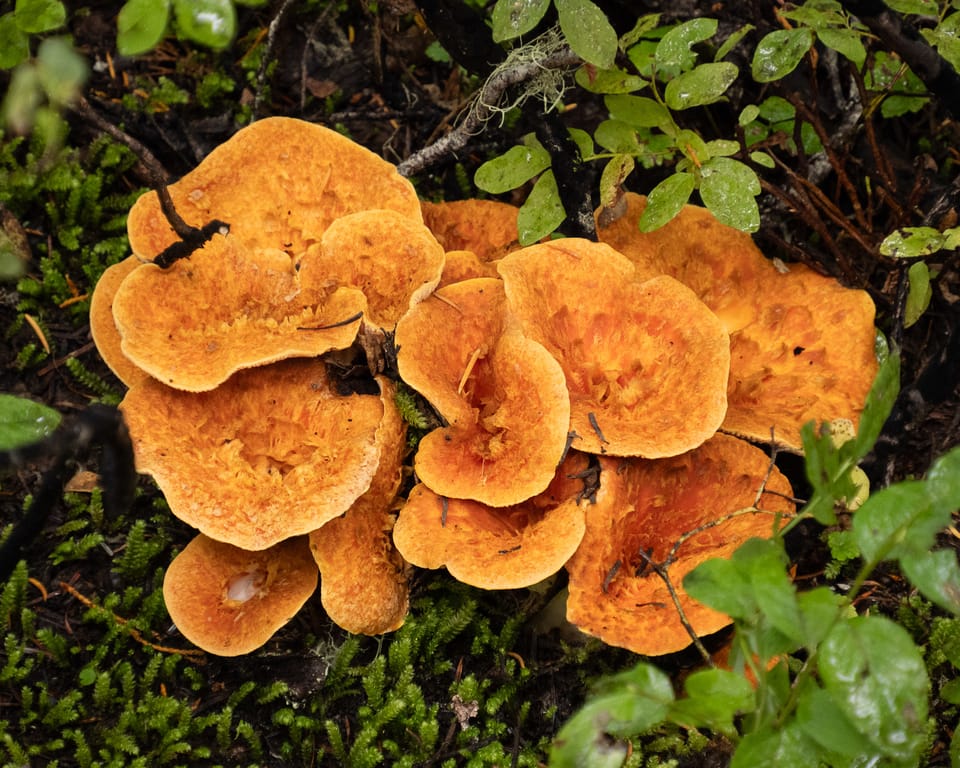EcoWest News, October 29, 2024

Welcome to EcoWest News, a weekly round-up of news and resources that you can put to use in addressing environmental issues and protecting the wild in your community.
Across the West
Selkirk, MB, is reporting and tracking its carbon emissions. The water and wastewater treatment plants are now heated and cooled by geothermal energy. They’re switching their fleet to electric, expanding the urban forestry program, and developing a new transit strategy. [Winnipeg Free Press]
Imagining a future without plastic, an illustrated story. [Enviro Lethbridge]
Bats in Lillooet, BC, may hold the key to identifying a solution to white nose syndrome that has been killing bats across North America. [BBC Wildlife]
Malahat Nation on South Vancouver Island plans to manufacture battery storage systems for buildings and power grids in collaboration with Vancouver-based technology company Energy Plug. [The Narwhal]
Across Canada
A researcher returned to the Arctic to inspect vegetative changes since his first trip 30 years ago and realized the importance of long-term studies in identifying the impact of climate change. [The Conversation]
An 1,800-km transmission line is bringing reliable energy to 24 First Nation communities in northern Ontario and replacing dirty diesel generators. [The Narwhal]
Around the World
The sustainability of fish farms is brought into question when you measure the large quantities of wild fish the farms employ as feed. [Inside Climate News]
An 8,000-tonne liquid carbon leak at the first US commercial site for underground carbon dioxide storage highlights the risks of carbon capture and storage. [The Energy Mix]
Hamburg, Germany, is adding new housing but maintaining natural spaces. The city signed an agreement with its citizens to protect 30% of the city’s land area (10% untouchable nature reserves, 20% with a looser conservation status) and to increase the quality of nature. [The Guardian]
Light pollution affects wildlife in different ways. It leads to collisions and early migration for birds, fragments bat habitat, stunts toads’ growth, and interferes with coral reproduction. [Smithsonian Magazine]
Energy
In the US, Greenlight acts as a counterweight to groups that oppose renewable energy by helping local people who support cleaner energy to make their voices heard. [Mother Jones]
Thanks to fracking, improvements in deep drilling technology are kickstarting geothermal energy projects. [Inside Climate News]
Music
A Massive Attack concert in Bristol, UK, was powered by renewable energy, featured composting toilets, and served vegan food. The band encouraged fans to travel sustainably and offered electric buses to ferry concertgoers from the city centre to the festival. [NY Times]
Indie-pop band AJR promoted specific local environmental policy actions on its nationwide tour, resulting in 35,000 fan actions in support of local climate solutions. [Planet Reimagined]
Making a Difference
Although still under construction, a rainway following the path of a buried creek proved its worth when it stopped the street from flooding during torrential rainfall in Vancouver earlier this month. [CBC]
A Vancouver Island golf course has been turned into an accessible nature sanctuary for people with disabilities, joining other communities that are rewilding golf courses. [The Tyee]
Photo credit: https://www.flickr.com/photos/apmckinlay/54051473768/
EcoFriendly West informs and encourages initiatives that support Western Canada’s natural environment through its online publication and the Nature Companion website/app. Like us on Facebook, follow us on Twitter or Mastodon, or subscribe by email.

Member discussion